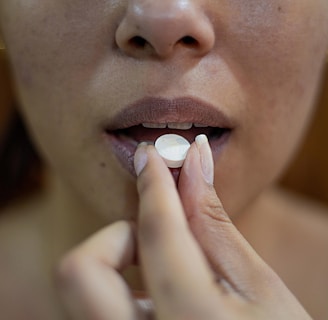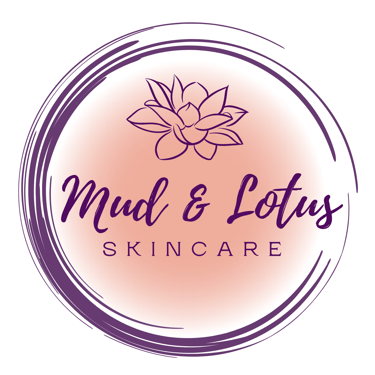🎉Now Booking January & February! 🎉
Top 7 Medications That Can Affect You Skin and Facial Services
Certain medications can impact your skin's health and affect how it responds to facial treatments. Here are seven common ones to keep in mind:
SKIN HEALTHSKIN 101
1/4/20251 min read


Top 7 Medications That Can Affect Your Skin and Facial Services
Certain medications can impact your skin's health and affect how it responds to facial treatments. Here are seven common ones to keep in mind:
Retinoids (e.g., Tretinoin, Retin-A)
Often prescribed for acne or anti-aging, retinoids can make your skin more sensitive to exfoliation, peels, and active treatments. They may cause redness, peeling, or irritation if not adjusted before services.Isotretinoin (Accutane)
This powerful acne medication thins the skin and reduces oil production, causing dryness. It's contraindicated for many treatments, including extractions and chemical peels, due to increased sensitivity and slower healing.Steroids (Topical or Oral)
Steroids can weaken the skin barrier and lead to thinning, making your skin more prone to bruising, irritation, or discoloration, especially with long-term use.Antibiotics (Topical or Oral)
Medications like doxycycline or clindamycin can increase photosensitivity, which may lead to irritation during treatments involving light-based devices or peels.Birth Control Pills
Hormonal contraceptives can sometimes trigger pigmentation issues like melasma, especially when combined with sun exposure. They may also affect how your skin responds to treatments targeting pigmentation or acne.High Blood Pressure Medications (e.g., Beta Blockers, Diuretics)
These medications can lead to dryness or heightened sensitivity, which may affect the skin's ability to tolerate exfoliants or intense treatments. Some may also cause flushing or redness, which should be considered when designing a facial.Blood Thinners (e.g., Aspirin, Warfarin)
Blood-thinning medications can make your skin more prone to bruising or redness during treatments that involve pressure, like microdermabrasion, extractions, or dermaplaning.
Why It's Important:
Always inform your esthetician about any medications you’re taking. Adjusting your treatments to suit your skin’s needs and sensitivities ensures safe and effective results.
